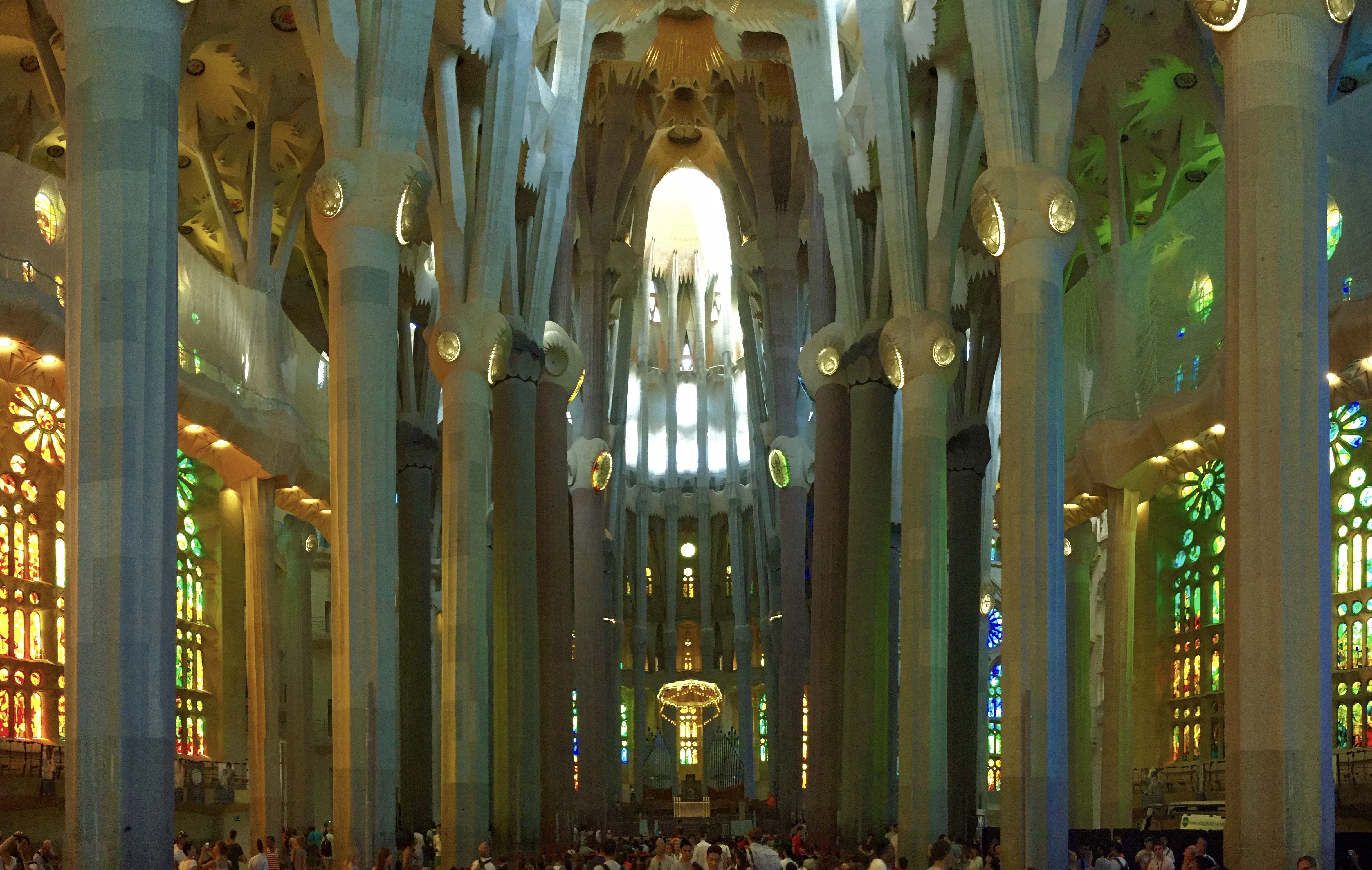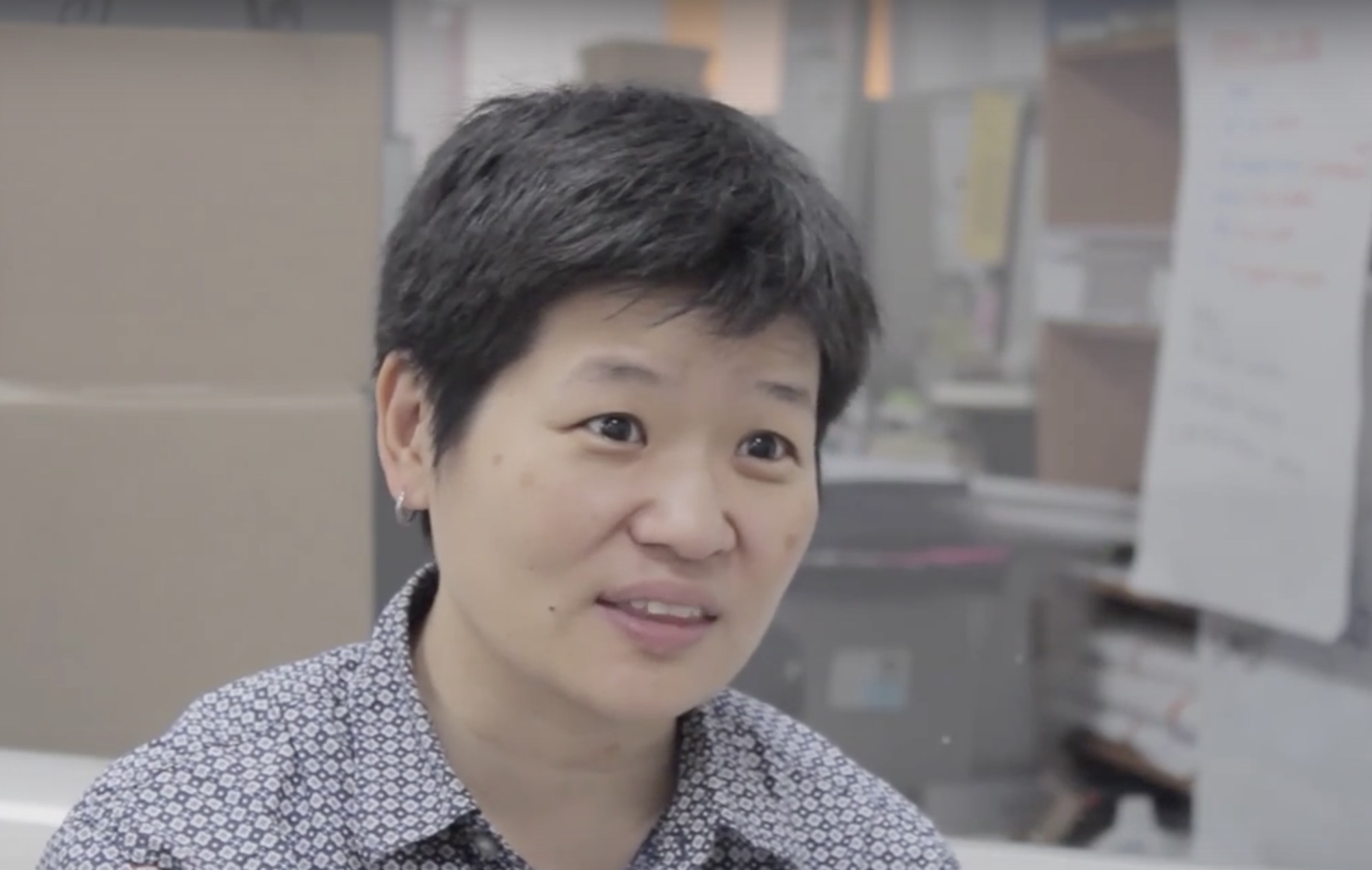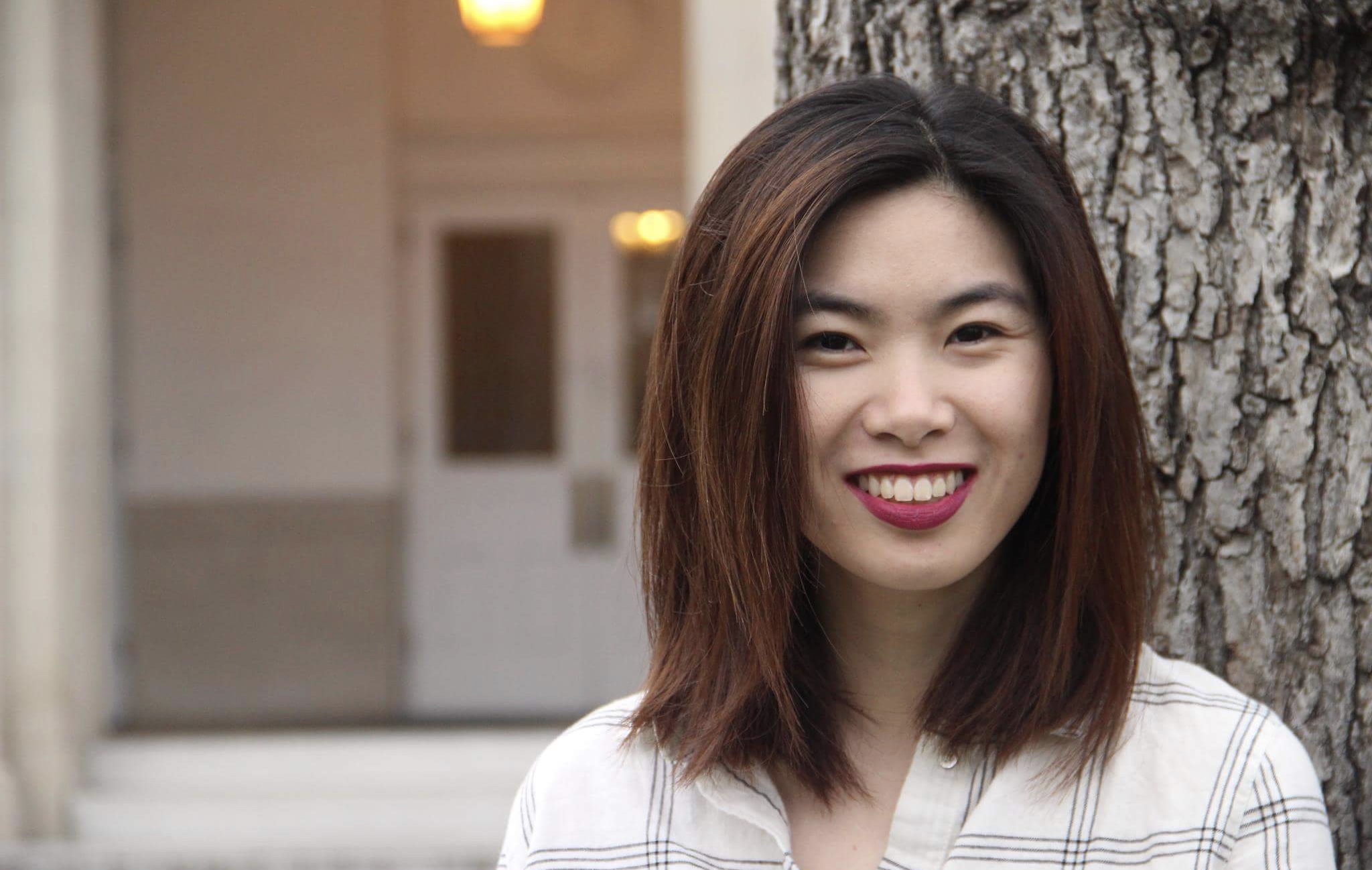
Justin Tandingan
Today, I am a proud, gay Asian American/Filipino American. It took me a long time to get to where I am today, and my identity development is ongoing, as is all of ours as our experiences change and continually shape who we are. I’ve found positivity in being API and gay in Los Angeles, in both API communities and LGBT communities. I have found fluidity in my coming out process in most of the situations I’m in, both professionally and personally. Over the years, I’ve been lucky and blessed to have many mentors and role models who guided me through the identity development process – teachers, friends, co-workers, managers.
While I would consider my coming out story generally positive, it’s mainly because we often block out the parts we don’t want to remember. After giving a lot of thought to my own story, I was able to resurface the times I was bullied in elementary and middle school by boys and girls. How lonely I sometimes felt and how I was sure that no one understood what I was going through in high school. And the fear that my parents would disown me.
I knew I was different from a really young age. I didn’t play any sports, nor was I good at any of them. I was already different in being Filipino American in a primarily white community. For a majority of my K-12 experience, I was the only Filipino American in any of my classes. And, for a majority of my K-12 experiences, I felt like the only kid who might have had a different sexual orientation. I could have turned that isolation into loneliness, but I believe my parents focus on getting a good education and being successful drove me to prove that I can be a great person and do amazing and phenomenal things, (at the time) in spite of me being gay.
So, I got involved. I did everything. I worked hard to get great grades, as it was a way to get my parents off my back: “Dad, I don’t have a girlfriend because I’m focusing on school.” It was an easy scapegoat to have, I think particularly as an Asian American, where being the “model minority” seemed to fit.
I came out to my two best friends when I was 15. It was one of the most uplifting and positive experiences I’ve ever had. They were so affirming, patient, and listened to the struggles I’d been going through. I kept getting lucky in high school. Even though I went to a private Catholic high school, the community embraced me. I surrounded myself with people who accepted me for me, kept being involved, and stayed focus on school.
The positivity continued through college. I found a chosen family in the Asian American organization on campus – APASU (Asian Pacific American Student Union) at the University of Oregon. I focused on my API identity in college because I found community in that. I was still involved in other organizations and took on other leadership roles, but it was through APASU that I felt like I was able to be myself. I think it’s worth noting that I didn’t find that same kind of space in the LGBT organization, as it was mainly white.
I told myself I wouldn’t come out to my parents until I had a job and could (somewhat) make it on my own. That’s what I did. I came out when I was 22 by writing my parents a letter. I sent it right as I was about to take a trip abroad so that they couldn’t contact me. I was still afraid of what they might say. But, when I returned state-side, I checked my voicemails, and one was from my dad. He was obviously emotional, and all he said was: “Hi Justin, this is dad. We just want you to know that we got your letter, and that we’ll always love you.” And that was it. While my mom didn’t call me for 6 weeks, I again felt like a huge weight had lifted off my shoulders.
The coming out process doesn’t stop, though. I realized a long time ago that as long as it took me to come to terms with who I am and accept myself, it may take my parents and those I love just as long to understand what it means to be different. I wish I talked with my parents and my family more about my growing up years, and even more about my personal life now. My family spent so long not talking about my sexuality, we’ve found it just easier to continue not really talking about it. I wish I could change this, but I find myself relying on the excuse that I don’t live close to them and want to have these kinds of conversations in person. Maybe one day soon I’ll stop using that as an excuse.
Things have definitely changed, though. My mom asks me about my boyfriend. I can feel more myself around my cousins and siblings. I realize now that my parents would’ve never disowned me for being gay. And, professionally, I feel comfortable to be myself. I owe that to my strong sense of self-identity. I spent a lot of time in high school and college not only defining my gay identity, but my Asian American and Filipino American identity. Combined, my intersectional self has given me the confidence to be great, amazing, and awesome.
How will you be great, amazing, and awesome?
- Continue to be you, and seek people out who support you for being you.
- Get involved – identifying a community to be a part of helps you not feel so alone.
- Coming out is a process, not a one-time thing. And it’s hard. But it also gets easier.
Categories: LGBTQ


